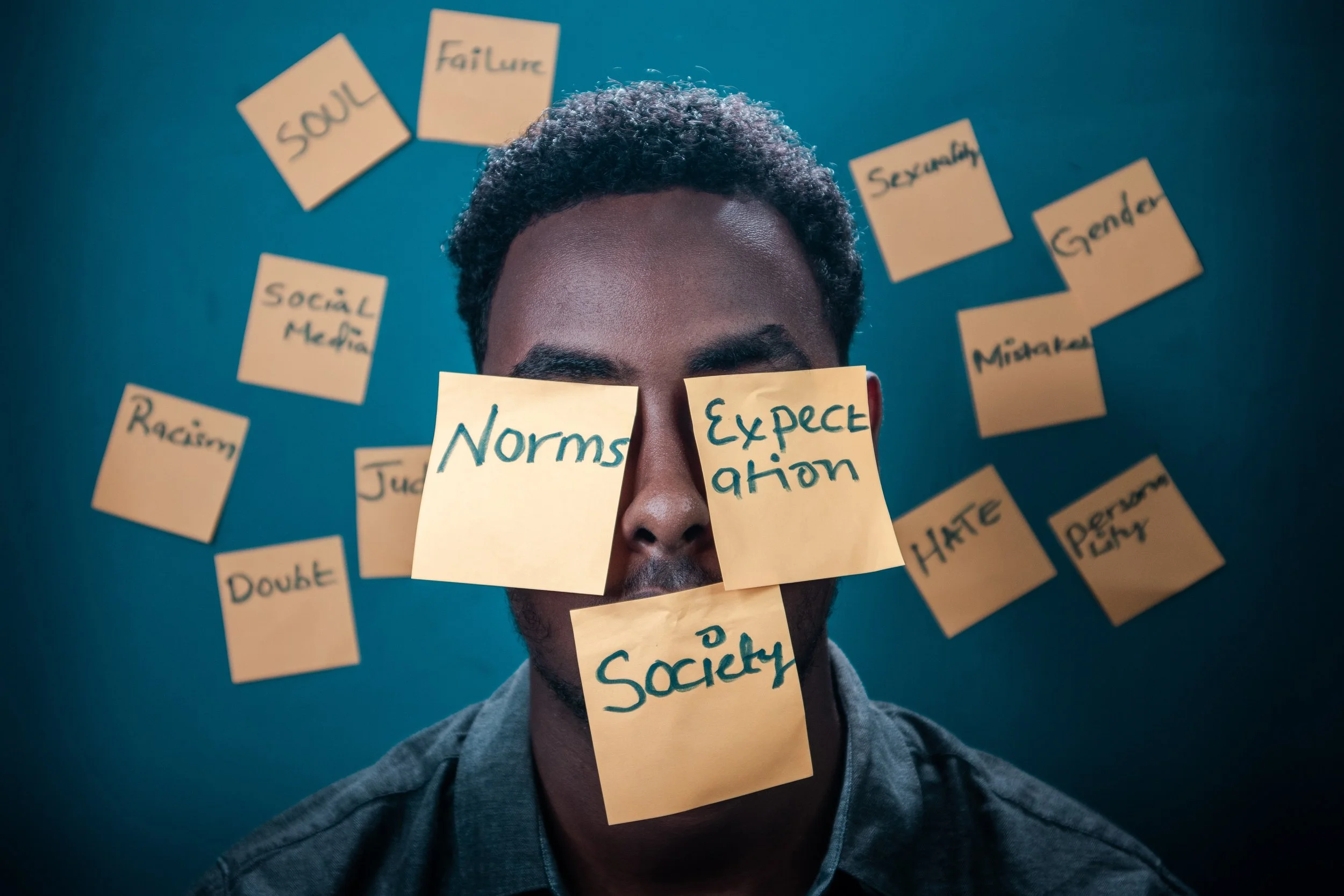Exploring Identity: Finding Your Authentic Self
Who are you? Have you ever really taken the time to ask yourself that question? For some this may sound like a simple and easy question to answer. For others this question may cause great fear and anxiety. How does one go about answering this question of identity, and is it even an important question to ask?
One may start off by listing statistical facts such as, in my case, a cisgender African-American male of a certain height and build. However, do these statistical facts encompass the entirety of an individual? One can add additional information such as an occupation or accomplishments, and these seem to flesh out more of who the individual is, but what makes that individual different from all the other same race, gender, individuals of a certain height and build who do the same job and have the same accomplishments?
This is what I love about counseling, this journey of discovery. The truth is there is only one you. You are unique with your skills, talents, abilities, fears, likes, opinions, tendencies, and the list goes on and on.
What I have discovered is that individuals often get stuck in their understanding of who they are by using too narrow of a definition and then jumping to conclusions from a limited number of facts. An example of a too narrow definition would be something like, “I am an athlete, a provider, an all-A student,” etc. What happens then when a physical injury occurs or they get laid off from their job, or get a B or C, the sense of self if lost and the individual experiences a crisis. The jumping to conclusion often occurs shortly thereafter and follows the pattern of “Since I can no longer do ‘x’ or because I failed at ‘x,’ I am {insert your favorite negative self-view here}.”
What if who you are is based on something more substantial, more immutable than a job or a skill?
What would it look like to fail the test and not be a failure, to lose the job but not be a loser, or to no longer be able to perform at previous levels and not feel lost and empty?
I imagine it would be freeing to not beat yourself up over a self-caricature. So, now you may be thinking, this all sounds nice, but what does it look like? And that would be a fair question!
The answer, or answers, are as unique and individual as you. There is no one way to develop a more comprehensive view of self but let me offer a few suggestions. One is being willing to question previously held beliefs, to be curious about the what-ifs. For example, asking what if I am not a failure, how would that affect the way I live my life? Since we live in a way that is congruent with what we think and tell ourselves this change in self-talk can help when feeling stuck.
A second suggestion is to broaden your perspective by recognize what else is true. It is easy to focus on what is hard or wrong and to minimize what is easy and right. So, for example recognizing that yes I failed this particular test, but where are other places where I have succeeded. What are the proofs for and against this negative self-view?
A third suggestion is to surround yourself with people who know, love and value you. People who may be able to see what you cannot and are not afraid to tell you the truth, so you can believe the good things they say about you. Fourth, examine the things that you value. Do you value kindness? How are you working to surround yourself with kindness? Do you value creativity? How is that being incorporated in your life? Understanding and living into your values can bring meaning into your life and increase resiliency when life is hard.
So, who are you? You are not your abilities, your looks, your accomplishments, or your failures. These experiences make up a part of you, they have helped to shape and form you, but who you are is more complex, more substantial, more beautiful.
-Tim

